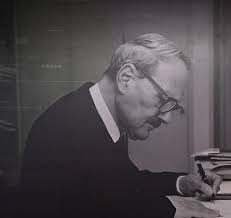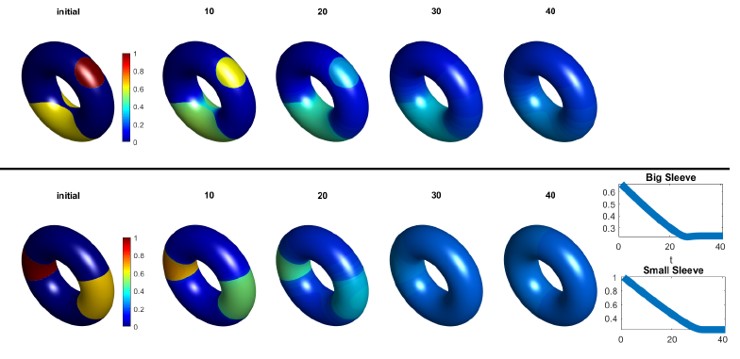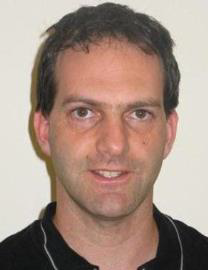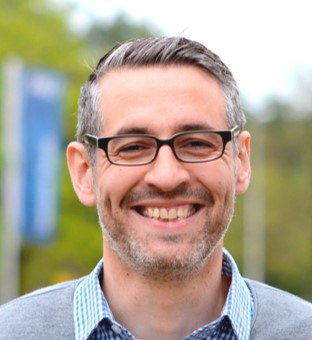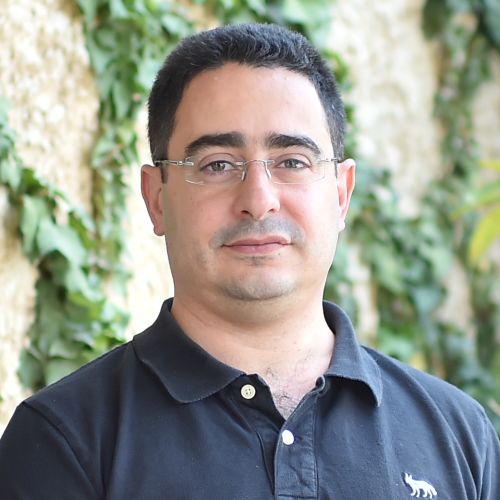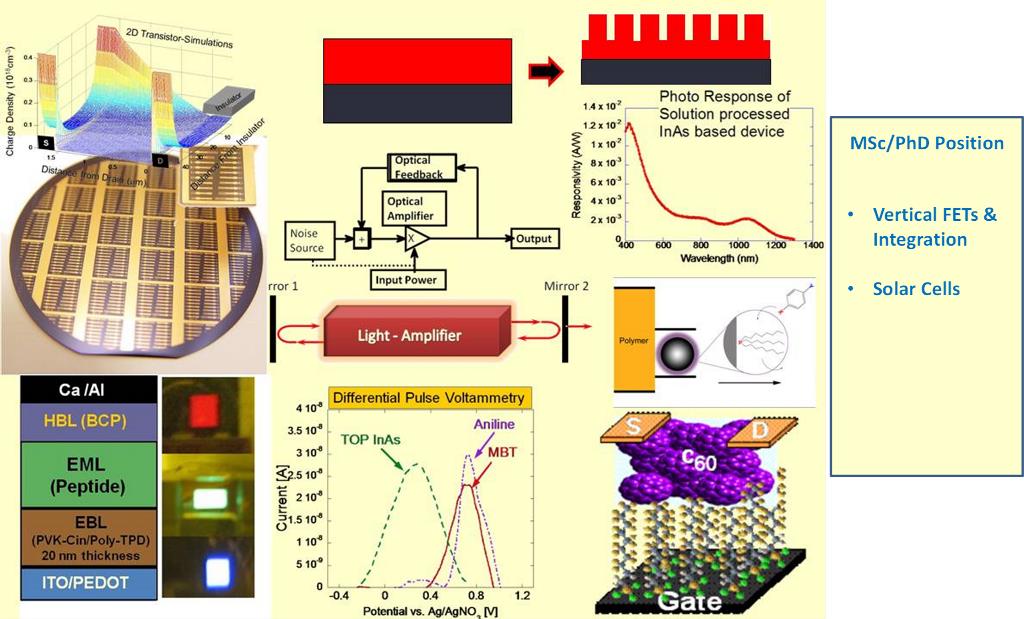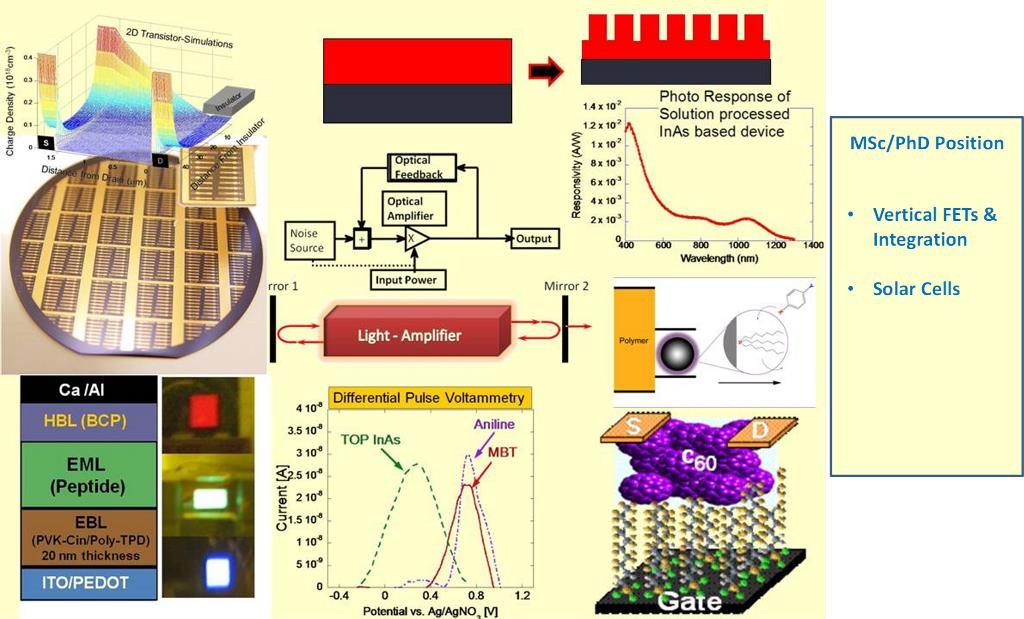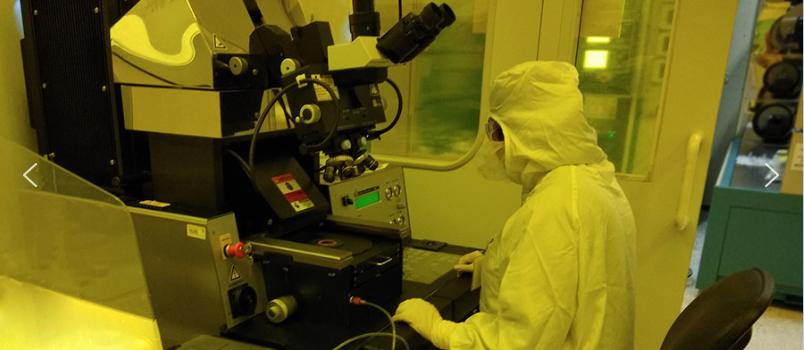About
The Center
The Franz Ollendorff Minerva Center for Vision and Image Sciences was founded in 1985 by the German Ministry of Science, as one of the first Minerva Foundation centers established in Israel. It was founded in the Department of Electrical Engineering of the Technion – Israel Institute of Technology, in memory and honor of Distinguished Technion Professor Franz Ollendorff, who was born and educated in Germany, before immigrating to Israel in 1934, and establishing the Faculty of Electrical Engineering in 1947. The center operates by the Department of Electrical Engineering and central facilities are maintained and managed by the Laboratories for Vision and Image Sciences.
Research areas supported by the center span a broad range of topics from the understanding of biological vision to the development of theoretical framework and algorithms suitable for implementation on-line in real time computational vision systems. Research areas also include schemes of image representation, image understanding and processing, medical imaging and medical image processing, machine learning, pattern recognition and computer graphics.
The center was originally established with the goal of focusing the research effort on problems related to vision and image understanding. Although these are still the main topics, interest expressed by the Technion scientists as well as German colleagues has prompted recent incorporation of parallel architectures that are of utmost importance in dealing with real time computer vision systems and visual communication, as well as electro optics and ultrafast optics for imaging.
The center is targeted at bringing together German-Israeli researchers at all levels from undergraduate students to faculty research fellows. Programs offered by the center range from undergraduate internship, through graduate students short\long term visits to faculty visits. Activities are held both at the Technion – Faculty of Electrical Engineering and also in top ranked German universities and research centers affiliated with the center. The center also organizes and co-sponsors joint German-Israeli workshops and seminars devoted to topics of mutual interest.
The founder and Head of the Ollendorff Center is Professor Yehoshua Y. (Josh) Zeevi, who started his academic carrier as Professor Ollendorff’s only student who became a faculty member at the Technion. The center’s research activities are monitored by a Bi-national Scientific Advisory Board, chaired by Professor Dr. Dr-Ing Hans Burkhardt, Chair for Pattern Recognition and Image Processing, Albert Ludwid University, Freiburg.
In its 7 years review, the evaluation committee stated in Dec 2005: “The excellent research and the international activities make the center a top research institute in its field.”
